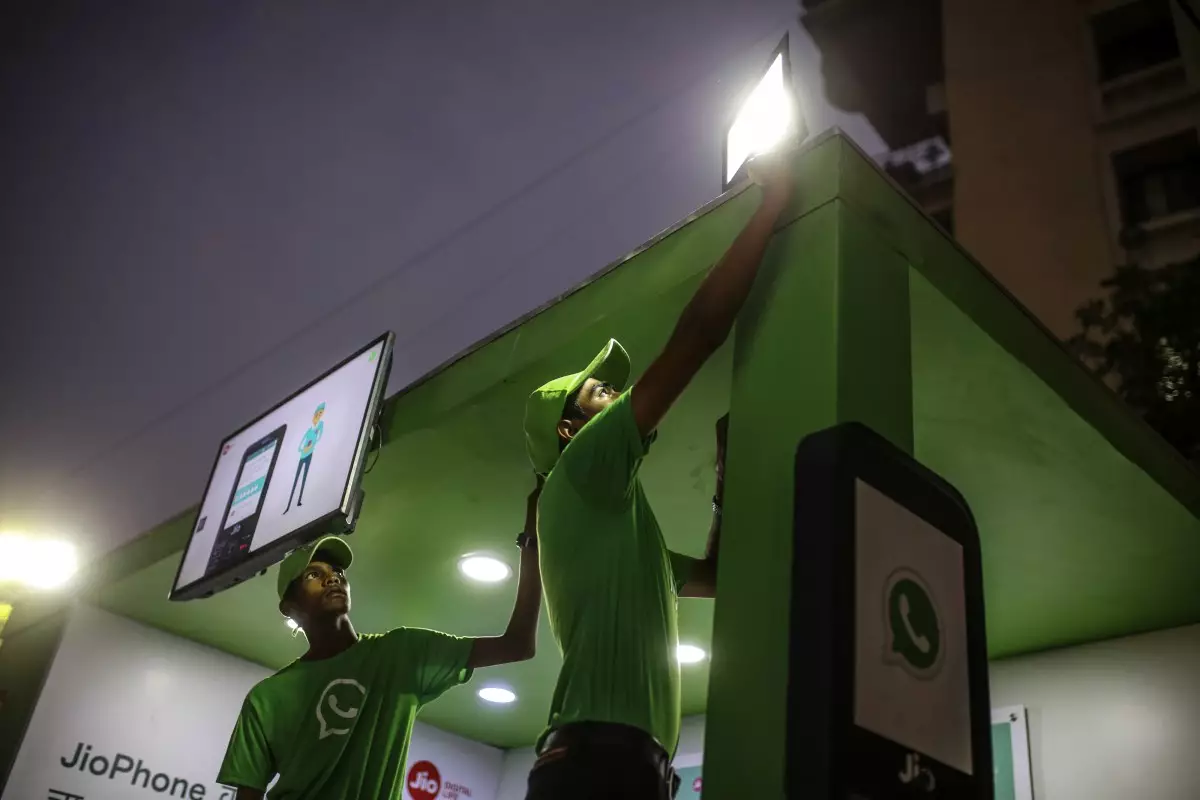In a pivotal move, India has lifted restrictions on WhatsApp Pay, granting the popular messaging service the green light to expand its payment capabilities across its extensive user base. This decision is seen as a major win for Meta, the parent company of WhatsApp, as it endeavors to establish a robust foothold in the competitive fintech sector. With over 500 million users actively engaging with the app in India, the potential for growth is immense. The approval from the National Payments Corporation of India (NPCI), the governing body of the Unified Payments Interface (UPI), marks a significant evolution in the regulatory landscape related to digital payments in the country.
The NPCI’s recent decision comes after a series of cautious steps that limited WhatsApp Pay’s rollout. Initially, the service was restricted to 40 million users in 2020, which was later expanded to 100 million users in 2022. This gradual approach suggests that regulators were wary of the implications of allowing a messaging platform to dominate the payment space. However, the lifting of these caps indicates a newfound confidence in WhatsApp’s ability to operate within the payments ecosystem, signaling a possible shift towards a more open regulatory environment for digital transactions.
As WhatsApp seeks to penetrate the Indian payment market, it faces fierce competition from established players like Google Pay and PhonePe, which together account for a staggering 85% of UPI transactions. These incumbents have carved out substantial market shares and built user trust, presenting a significant challenge for WhatsApp as it attempts to gain traction. This competitive environment necessitates that WhatsApp not only attracts users but also ensures the reliability and security of its payment service to retain them.
The NPCI has opted to delay the implementation of a proposed 30% cap on the share of UPI transactions any single app can hold, pushing it back to December 31, 2026. This delay could offer WhatsApp an opportunity to establish itself in the market without the immediate threat of regulation. However, it also raises questions about market concentration and the potential for monopolistic practices in the future. The balance between fostering competition and ensuring consumer choice will be a complex challenge for regulators going forward.
A spokesperson for WhatsApp emphasized the company’s commitment to providing a user-friendly payment experience, aiming to simplify transactions for everyday purposes such as bill payments, shopping, and ticket bookings. This user-centric focus is vital; as digital payments become increasingly integrated into daily life, convenience and security will dictate user preference.
The approval for WhatsApp Pay signifies a promising development in India’s digital payments landscape. As regulatory barriers dissolve, WhatsApp is poised to leverage its vast user base and innovate within the fintech realm, challenging existing players and potentially reshaping the future of payment processing in one of the world’s largest markets.

